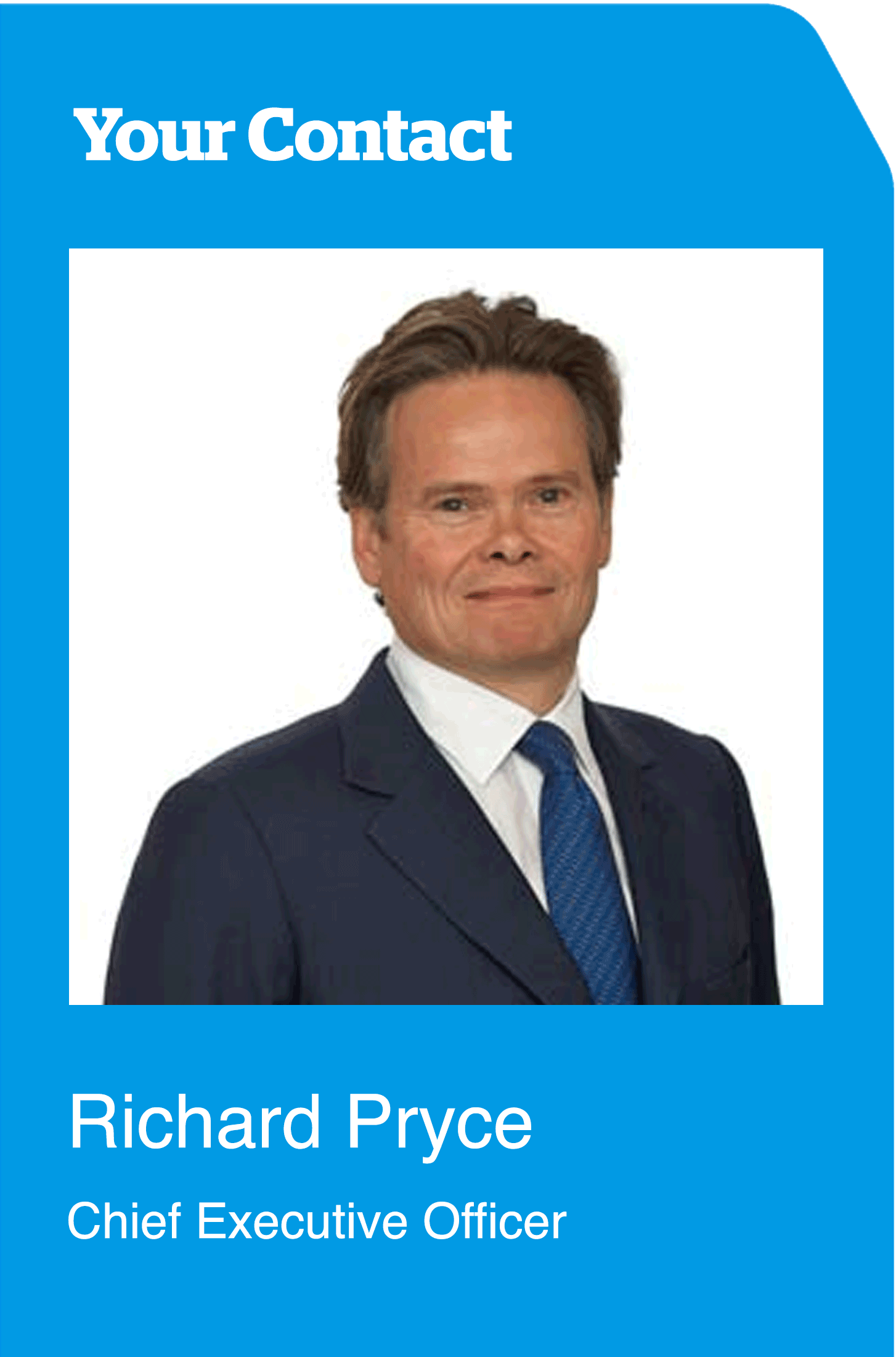The insurance industry has always been closely connected to the broader economy, but our fortunes are now even more closely tied to macro-economic developments.
Across the world, economic growth prospects have been slowing since the financial crisis, a period which also corresponds to the longest soft market on record. We are not, however, just going through a traditional insurance market cycle. While there may be some ebbs and flows, this feels more like a secular change in the dynamics of the market. We need to manage our businesses through this ensuring that we continue to remain relevant to the world we operate in, the customers we support and the people we employ.
On the whole, as an industry, our track record for innovation is not strong; some of the ways we continue to do business are reminiscent not just of the 20th century but of the 19th - paper-driven and labour intensive. We need to work hard to ensure that our outdated work processes do not become a competitive disadvantage.
We need to create a stream of innovation in what we insure and how we insure it. We have not, I believe in some cases, managed to keep up with the evolution of the risks that our customers face and manage in their businesses. Many of these are intangible and hard to measure, and we haven't come up with enough new products. Some might argue we are constrained by the regulatory framework, which creates an environment that is not conducive to underwriting risks we struggle to quantify. I don't subscribe to this and if we cannot contrive to do so, then we are in danger of making ourselves less relevant.
The next generation
There is one further social dimension that goes beyond the purely economic, but where we also risk becoming less relevant: the people who will work for us, and who we will be working with. If we don't rise to the challenge of motivating and managing a new generation, we face direct consequences for all our businesses' future success.
Already, the largest sector of the UK workforce is made up of Millennials: the generation leaving school from about 2000 onwards. By 2025, they will make up around three-quarters of workers and adult consumers. The roles they will do, and the way they will do them, are also changing. Activities are becoming more automated, and jobs less secure. In less than five years' time 50% of the workforce are expected to be freelancers.
The employee demographic in insurance has remained static, while the business and the demands placed on it have changed significantly. We are still looking in the same places for skills and experience as we did five years ago. But we need to develop stronger analytical capabilities, and we are going to have to increase our recruitment of scientists, statisticians and others with different skills than those we have traditionally sought. Even skills such as languages are in short supply, and we are going to need them more than ever once we are outside the European Union.
But it is not enough to recruit the people we need; we also have to manage, develop and motivate them. That means we will have to change our workplaces and our work practices away from a culture of rigid structures and process adherence, and towards one of creativity, self-discipline and responsibility. Away from desktop technologies and towards full mobile communication and collaboration tools.
It is only by working with our customers that we can assist their own innovation. Listening to customers, understanding what they need and adapting to meet those needs - those are critical to our success. There is nothing very original in that but that does not make it any less important for us to pursue as tenaciously as we can.
This article first appeared in InsurancePOST


